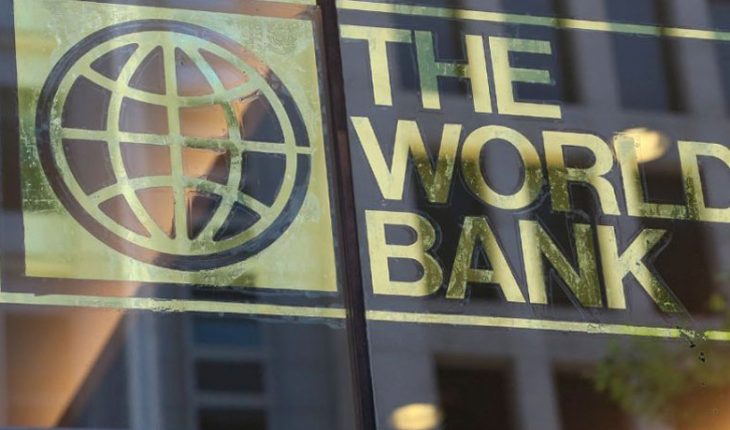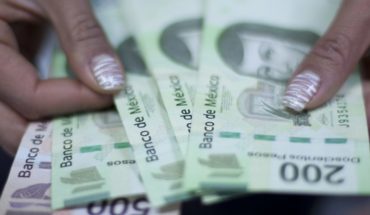World Bank Chief Economist Carmen Reinhart has estimated that the GDP per capita recovery will take at least five years to recover to pre-pandemic levels, given the scale of the viral outbreak crisis and its impacts on all macroeconomic indicators. As stated during his telematics intervention in the third edition of the Trend Forum, organized by ‘El País’ and the consultancy Kreab and sponsored by Telefónica and Abertis.Si has indicated that the recovery will be late, Reinhart believes that upticks will also begin to be seen much earlier, although not high enough to reach prepandemia levels. In addition, the agency’s chief economist has pointed out that the level of uncertainty of the current crisis is “much higher than in the 2008 crisis,” so the evolution of the economy will depend enormously on how fast the vaccine is and whether there is widespread access to it. Reinhart, asked about the lessons left by the 2008 crisis, has explained that these are two very different situations, since the one that happened more than a decade ago was a crisis arising from the bubble in the real estate sector of 11 advanced economies, unlike the current uncertainty caused by the pandemic.” In 2008 and 2009 emerging countries bounced back and recovered and in much of that role had to do with the Chinese locomotive, which was then growing by more than 10% and that was Reinhart.La huge source of support for emerging countries, especially Latin America,” says Reinhart.La expert has pointed out that in 2008 international travel or international trade was not suffering from the new dimension that has now emerged , so the Covid crisis is a “truly global.” No one has escaped,” said Reinhart, who has aposed that the scale of the spread of the viral outbreak has resulted in a financial crisis in the face of job and business losses. The representative of the institution stated that another lesson from the previous crisis was “debt-taking,” which would avoid a “credit squeeze” for countries in deploying credits that encourage employment and entrepreneurship.” THERE ARE BUSINESSES THAT WILL NOT RETURN””Central banks have tried to give liquidity to prevent it from affecting homes more. But as much as central banks support, there are businesses that are not coming back,” he says. Moreover, in line with warnings from the World Bank, the economist warns of the increase in global poverty, which could be encrypted in more than 100 million people in a “conservative calculation.”
translated from Spanish: World Bank predicts GDP per capita recovery will take at least five years
September 17, 2020 |





